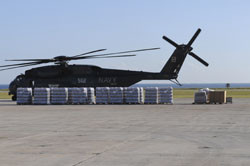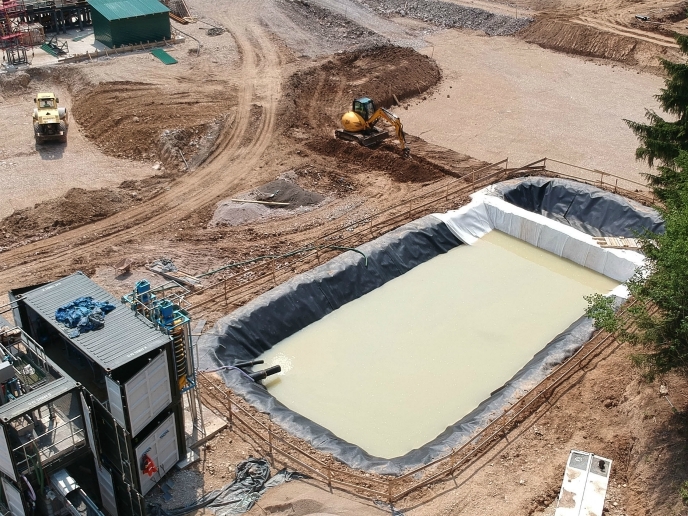Defining appropriate last mile air support for an effective and enhanced disaster response
During disasters, equipment and personnel must be deployed quickly and perhaps into areas where conventional infrastructure is unavailable. Aircraft have the greatest potential, yet most aircraft are not built for and consequently not suited to emergency usage. The EU-funded 'Heavy payload helicopter for last mile rescue' (HELI4RESCUE) project set out to advance heavy-payload aircraft for use during emergencies. Project members investigated high-capacity vehicles for use by civilian emergency services, with special focus on feeding identified requirements into current or future aircraft development programmes. Work began by elaborating and validating two sets of user needs. The team also listed and described current potential solutions, in addition to evaluating candidates against three crisis scenarios. Investigation of disaster management situations led to a set of civil user requirements. Project partners presented practical solutions for specific issues concerning civil user requirements, such as interoperability, supply chains and logistics networks. Project members investigated the use of heavy-payload and fast helicopters, large-size airships, unmanned aerial systems, and aircraft-related issues such as certification and operation regulations. They then proposed use models for the investigated aircrafts and assessed the feasibility, economic features and implementation issues of such models. HELI4RESCUE drew up a roadmap for an effective trans-European response infrastructure. It includes solutions for the standardisation of technical equipment, procedures and communication channels, harmonisation of regulations, development of new flying technology and a common airborne European response service. HELI4RESCUE will enable quick and reliable air support to teams on the ground during floods, earthquakes and fires anywhere in Europe.
Keywords
Disaster response, air transportation, rescue, heavy payload, helicopter, last mile, logistics







